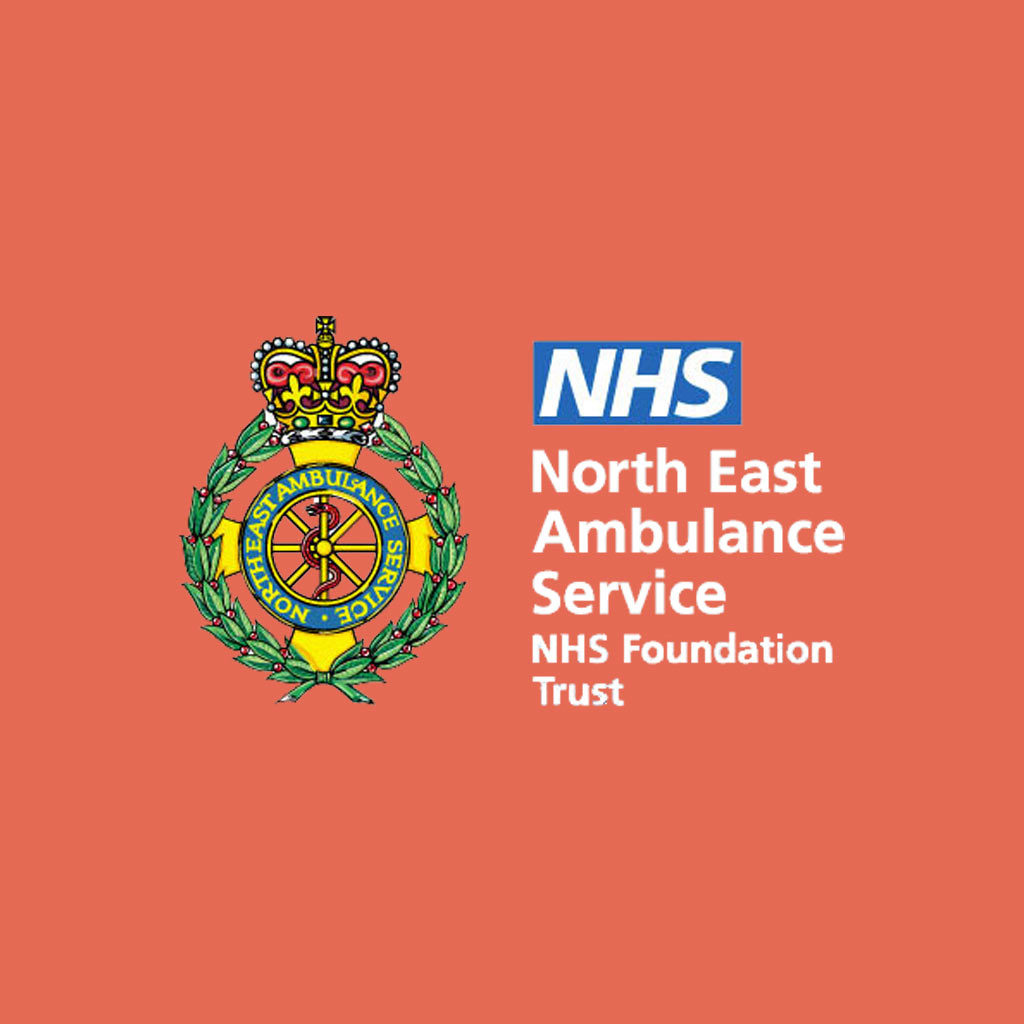The pressure on NHS Trusts continues to grow at an alarming rate. This blog post investigates this pressure and explores how the ongoing unpredictability of COVID-19 continues to wreak havoc in healthcare Trusts around the country, with more than 20 reporting critical incidents during the first week of the new year.
Staff Resource
For almost two years, the staffing of Trusts has suffered immensely due to the impact of COVID-19. The self-isolation of staff has led to shortages in teams and wards, meaning they must operate with less resource despite the increasing demand. This has huge implications, namely on the health and wellbeing of employees. Staff sickness due to exhaustion, anxiety, stress, and PTSD has amplified the national staff shortage, yet this is inevitable and understandable. With NHS workloads bursting at the seams, Trusts are finding it difficult to retain their current employees and attract the interest of nurses and other healthcare professionals.

However, whilst availability of PPE is nailed down, vaccinating the entire workforce is a growing challenge. There are medical exemptions, social factors, cultural beliefs, and anxiety preventing the vaccination of some staff. This presents a complex pressure for Trusts to manage as they aim to reduce the indirect spreading of COVID-19. To mitigate patient risk and to accommodate unvaccinated staff, Trusts are searching to source alternative employment away from the frontline. This presents another challenge when seeking to sustain a safe service for patients and staff.
Waiting Lists and Availability
Another growing pressure that NHS Trusts face is the huge waiting lists for planned care, such as operations and diagnostic scans. With staff resource largely absorbed by the management of COVID-19, Trusts are having to prolong the planned care of patients with long-term conditions. Consequently, waiting lists are strained and patients become frustrated as their health problems continue to worsen. Trusts are under pressure to make clinically safe decisions for patients, whilst maintaining the productivity and efficiency of a depleted workforce.
Similarly, due to the rise in COVID-19 infection rates, hospitals are having to utilise their bed capacity in urgent care wards more stringently to ensure a safe and efficient patient flow. With the assessment of risk stretched, Trusts are dependent on community care to relieve bed capacity.
Maintaining Care of the Clinically Vulnerable

With disruptions to care continuing to manifest, providers must ensure the care of the clinically vulnerable. With increased risk in care settings, Infection Prevention and Control Teams are working tirelessly to improve the safety of the hospital environment so that vulnerable patients can access care with a minimal risk of contracting COVID-19. Individuals that require frequent scans and procedures such as cancer and renal dialysis patients depend on the resilience of Trusts. Staff shortages, self-isolations, and the deteriorating wellbeing of staff makes maintaining this care even harder.
Public Scrutiny
NHS Trusts are under growing pressure from the public, who are frustrated with delayed care, restricted or prohibited visitation, lack of communication, and multiple ward transfers. Managing expectations has become even more challenging and builds pressure on staff to work extra hours and miss breaks. To appease visitors, some Trusts have introduced the relative’s helpline to provide updates on the treatment of patients and to release time for staff to provide care. Whilst finding new approaches is a demonstration of adaptability, it is unsustainable for the NHS to progress when expectations are stretched, leaving patients feeling dissatisfied and staff fatigued.
Finances
Declining NHS funding, combined with the expenses of PPE and COVID-19 implications, leaves Trusts in a financially challenging position, especially with growing health concerns to consider when attempting to maintain a safe, high-quality standard of care and plan for the future.
It is easy to see the enormous pressure that NHS Trusts are under in the current healthcare climate of the UK. Collectively, these factors all lead to a reduction in the quality of care that Trusts can provide and negatively impact the patient experience. These pressures, though, can be managed with a resurgence and replenishment within the workforce, by employing more staff, improving their support, reducing their dependency, and championing wellbeing. Together, these will improve the efficiency and quality of care.
Written by Sam Gillespie, Bid Writer
To find out how our team could support you with your next tender, contact info@healthbid.co.uk or call us on 0113 479 0803.







